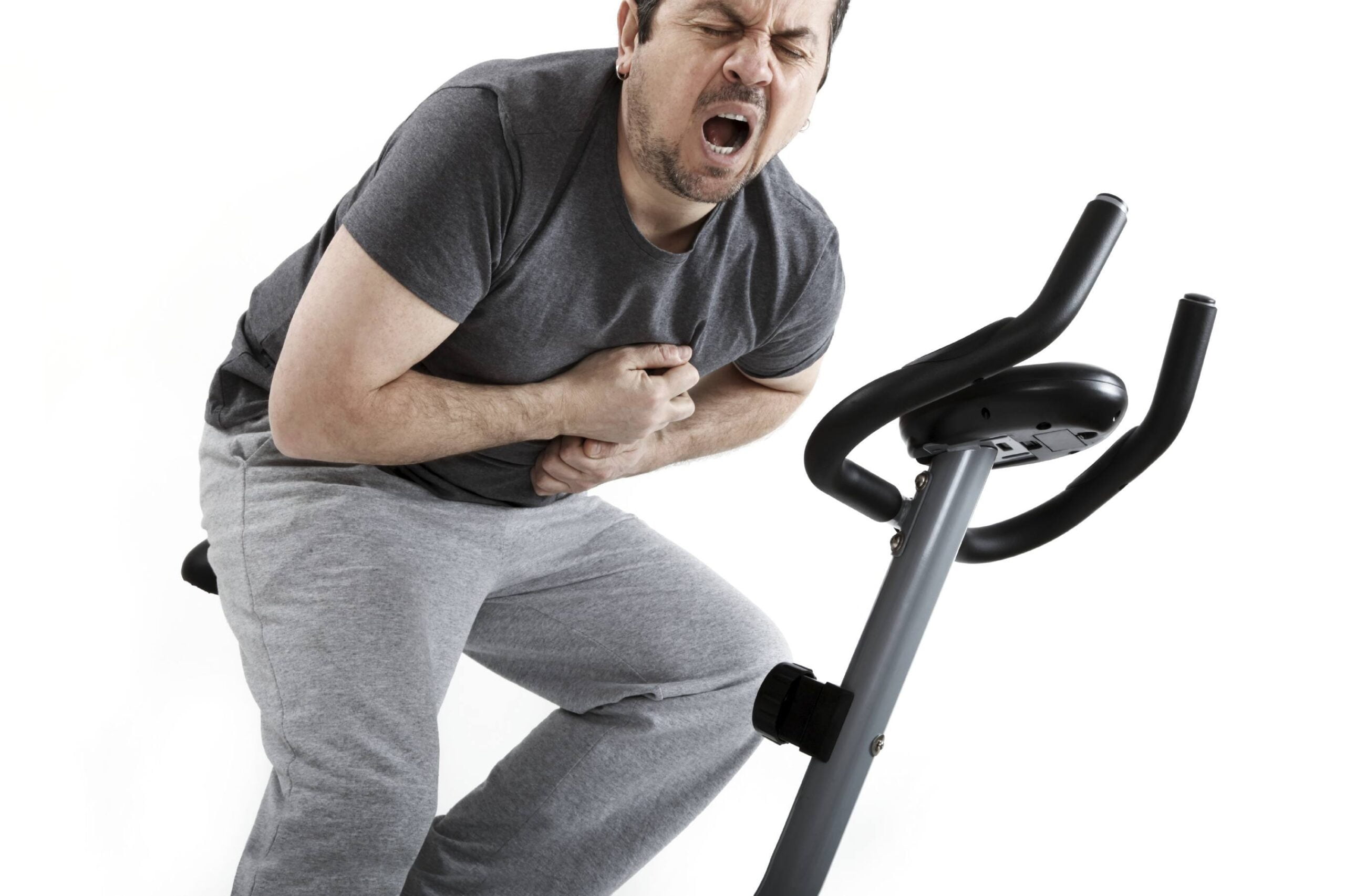A blockage of blood flow to the heart muscle. A heart attack is a medical emergency. A heart attack usually occurs when a blood clot blocks blood flow to the heart. Without blood, tissue loses oxygen and dies.
What is a heart attack?
Most people do not know that a heart attack is a medical emergency. A heart attack occurs when the blood supply to the heart muscle is blocked. Without blood, tissue loses oxygen and dies. A person may also experience: chest pain shortness of breath a feeling of being overwhelmed nausea vomiting dizziness sudden pain in the jaw or throat Diagnosis of a heart attack A doctor will diagnose a heart attack if they see: swelling in the neck a cold feeling in the jaw darkening or changing in color of the skin vomiting Causes of a heart attack Mental stress may cause a heart attack. Mental stress may cause a heart attack.
What are the symptoms of a heart attack?
Chest discomfort is the most common symptom of a heart attack. You may feel discomfort in the center of your chest (in the middle of your breastbone) or in one of your arms. Chest discomfort that lasts for a few minutes or occurs in both arms or your chest should be cause for concern. Chest discomfort is more likely to occur if you are lying down. However, if you are standing, the pain may be in one or both arms. ADVERTISEMENT If you’re having a heart attack, you may also have pain in your left arm (the arm that you breathe with), or your jaw, neck, back, abdomen or groin. If this is the first symptom of a heart attack, call 911. Are you experiencing chest discomfort when you stand up? You may be having a heart attack when you first feel chest discomfort while standing up.
What should I do if I think I have a heart attack?
Call 911. Cardiac arrest refers to a complete and permanent blockage of blood flow to the heart muscle. This usually occurs because the heart’s electrical system has malfunctioned. For many heart attacks, the heart’s electrical system is intact and can function normally until the heart’s blood supply has been damaged, causing a heart attack. If you have symptoms of a heart attack, call 911. But it’s important to call immediately. The longer a blockage is allowed to build, the more damage it can do. If you’re experiencing chest pain, shortness of breath, or a pounding sensation in your heart, don’t wait to call. If you have warning signs of a heart attack, you should call the paramedics or your doctor.
What can I do to prevent a heart attack?
There are many lifestyle choices that can help you to prevent a heart attack. We have listed some of the best ways to help to prevent a heart attack. Avoid high cholesterol. Stress is the single most potent risk factor for heart disease. Try to relax and try to reduce stress in your life. Get your blood pressure and cholesterol levels checked by your doctor. Eat a healthy diet with plenty of fruits, vegetables, whole grains, and lean protein. Limit your intake of red meat, added sugars, and alcohol. Manage your diabetes and high blood pressure. Manage high blood pressure by maintaining a healthy weight, taking the medication your doctor prescribes, and exercise regularly. If you do not control high blood pressure, you can develop hypertension. Get off your high cholesterol diet.
Conclusion
Many people believe heart attacks are only something that happens to the elderly. In reality, heart attacks occur regularly in younger and middle-aged people, and are particularly common in women. However, the survival rate in this population is low. If you have these symptoms and you are not sure if they are heart attacks, the safest option is to see a doctor.
